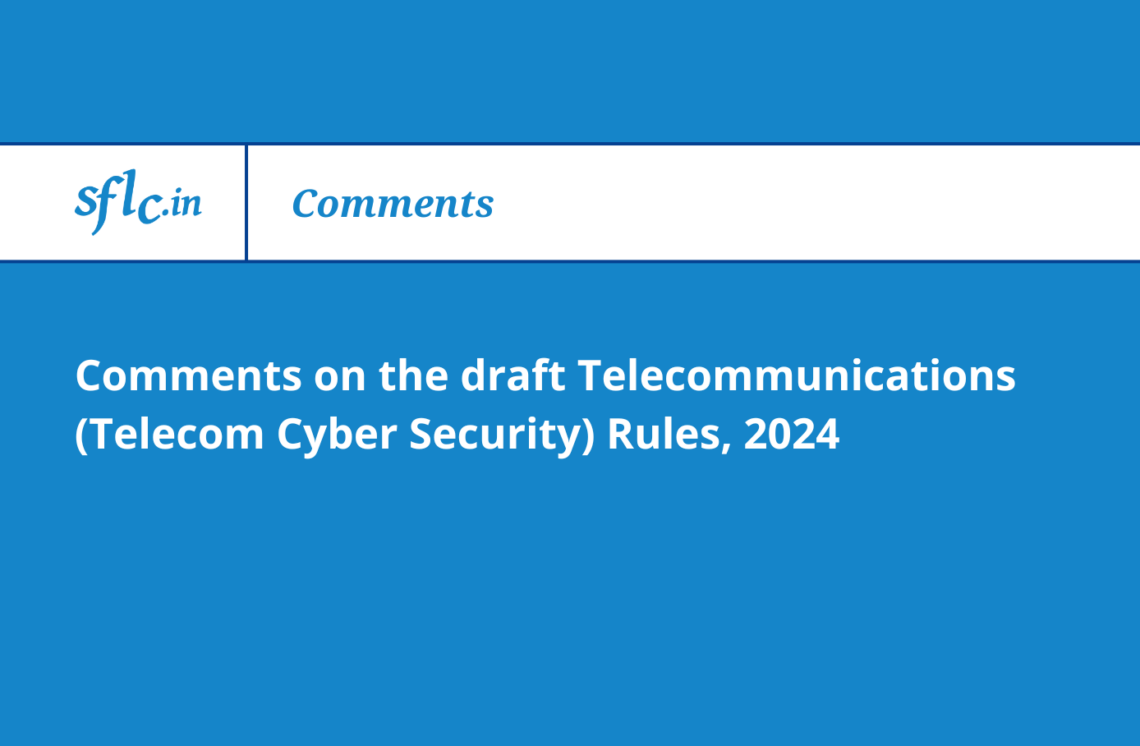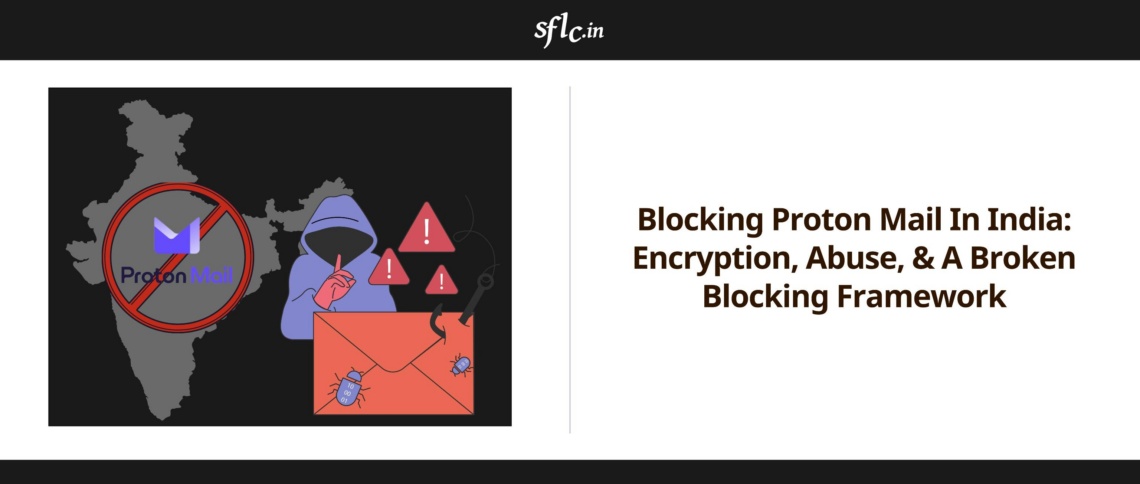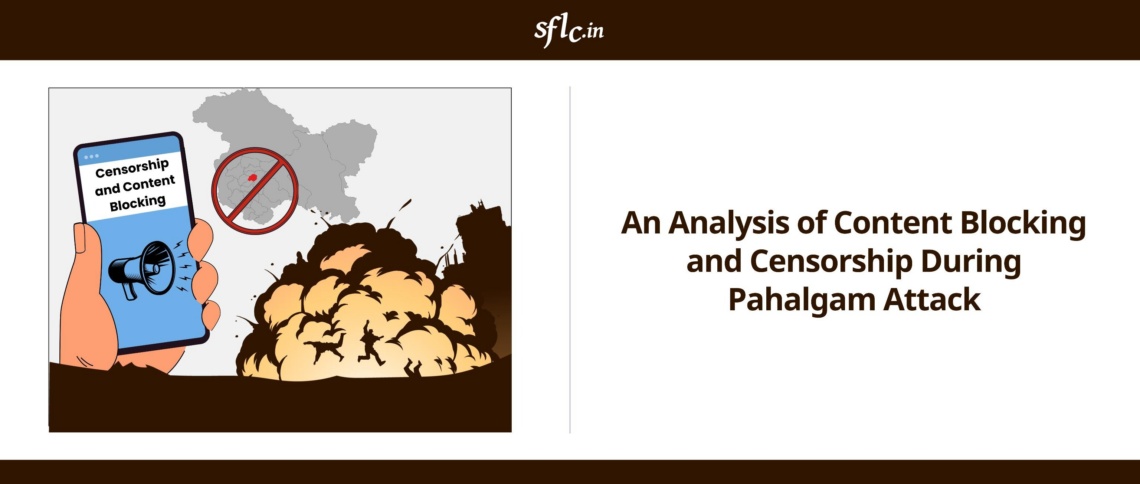In 2021, a petition was filed by a group of journalists, lawyers, and activists alleging that around 300 Indians had been targeted using the Pegasus spyware, an Israeli surveillance tool. The government refused to provide a detailed affidavit, citing national security concerns, which drew criticism from the Supreme Court for its lack of transparency. The Court formed a three-member technical committee to investigate the claims, which, while not finding definitive evidence of Pegasus, did identify possible malware infections in some devices. Rejecting the government’s blanket immunity argument, the Court emphasized that such surveillance, if proven, would constitute a serious violation of the fundamental right to privacy. It recommended reforms, including incorporating privacy safeguards into surveillance laws, establishing mechanisms to prevent unlawful spying on citizens, and creating an independent agency to investigate cyber-attacks.




